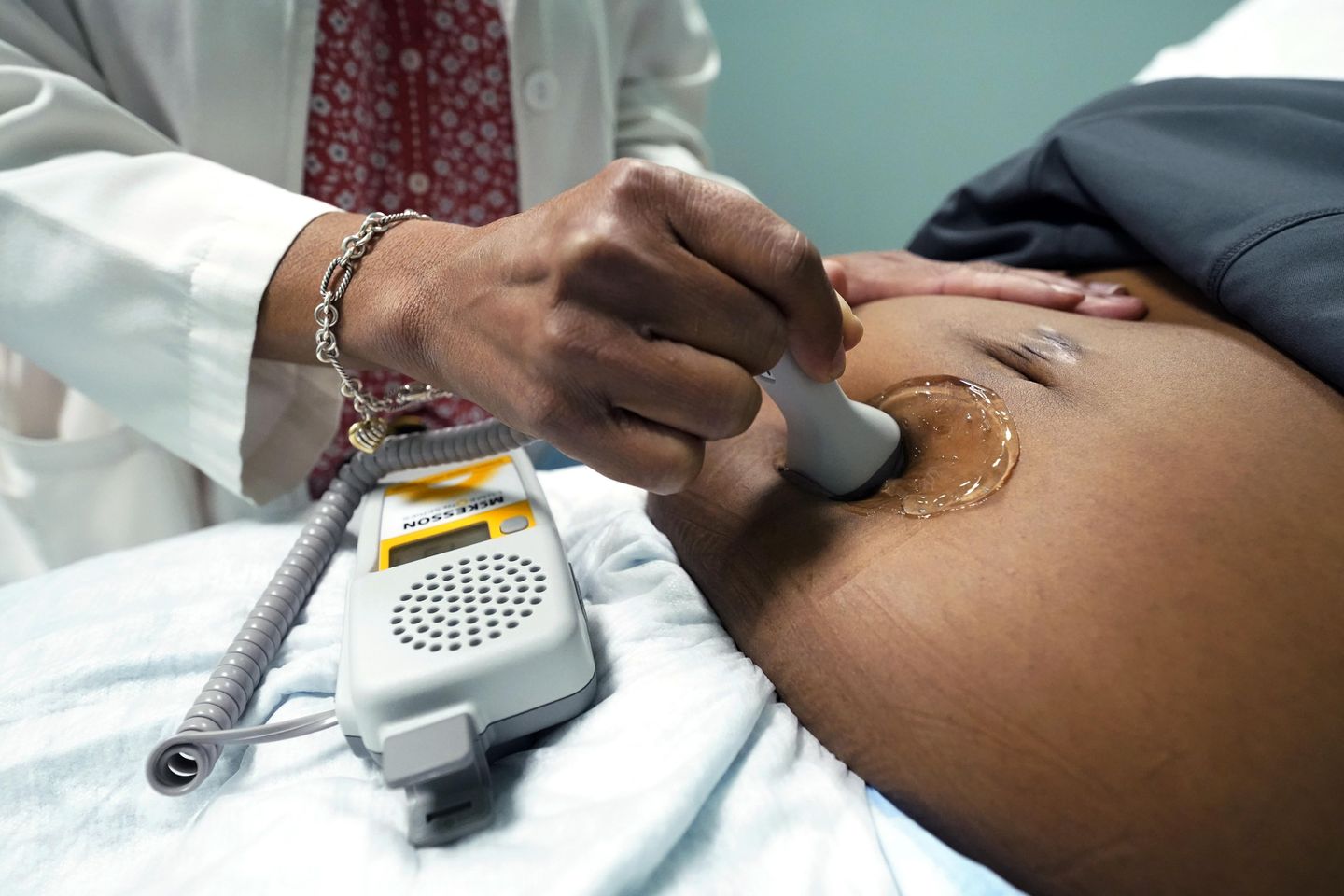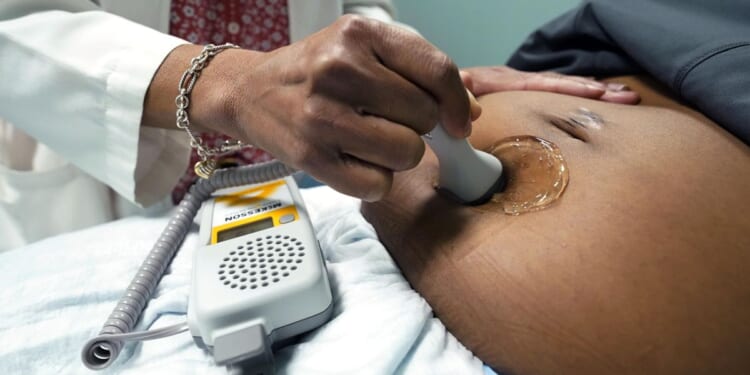
Women had shorter pregnancies nationwide as preterm and early-term birth rates rose from 2014 to 2022 by 12% and 20%, respectively, according to federal data released Wednesday.
The Centers for Disease Control and Prevention said the sharpest changes were among early-term births, particularly babies delivered at 37 weeks, and among late- and post-term births at 41 weeks and higher. Shifts towards shorter gestations occurred in all maternal age groups and races.
The findings are troubling since shorter pregnancies are a “strong predictor” of early death and long-term health problems in babies, said CDC statistician Joyce Martin, an author of the report.
“Births delivered preterm [less than 37 weeks] are at the greatest risk of adverse outcome, but risk is also elevated for early term [37-38 weeks], compared with full-term births [39-40 weeks],” Ms. Martin told The Washington Times.
The CDC did not give a reason for the trend. Reached for comment, some health experts said a major likely factor is that more infants encounter disruptive substances in the womb — including marijuana — that have grown more common among pregnant women.
“It may reflect changes in the prevalence of in utero exposures to substances that can shorten gestational age such as cannabis, as there appears to be a relative increase in the use of cannabis by pregnant women with ongoing legalization of cannabis,” said Dr. John V. Campo, director of child and adolescent psychiatry at Johns Hopkins Children’s Center.
However, he noted that the CDC report also found late and post-term births declined by 28% from 2014 to 2022.
Dr. Campo said this decline in babies born after their due date “likely has positive implications” since late deliveries carry heightened risks of stillbirth, large babies, fluid in a newborn’s lungs and maternal health problems.
Katy Talento, an epidemiologist who served as President Donald Trump’s top health adviser at the White House Domestic Policy Council, said endocrine-disrupting substances found in plastic water bottles, laundry detergent, clothing and flu vaccines could also be shortening pregnancies.
“Pregnant women, like all people, are increasingly exposed to a toxic environment that is hostile to reproductive function, including a food supply that is doused with poisons,” Ms. Talento said. “Pregnant women are assailed during their prenatal visits with aggressive demands that they submit to an influenza vaccine, which is one of the only vaccines left containing mercury.”












